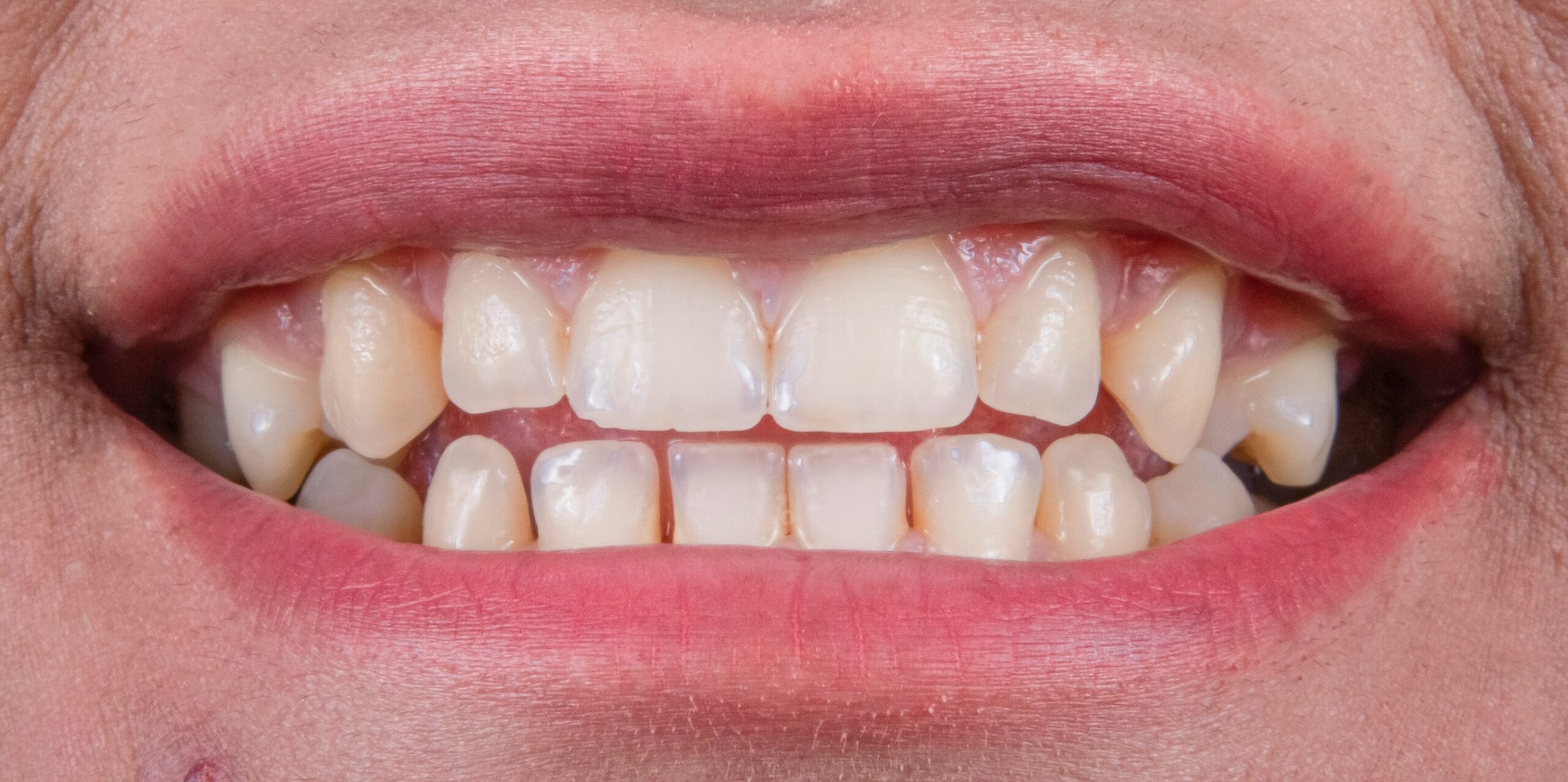Mouth ulcers are painful lesions that can appear inside the mouth, on the gums, or even on the tongue. While they are common and often harmless, there are times when it’s essential to consult a dentist for a proper evaluation. In this blog, we’ll explore what mouth ulcers are, their causes, and why getting them checked by a dental professional is crucial for your oral health.
What Are Mouth Ulcers?
Mouth ulcers are small, shallow sores that can cause significant discomfort. They typically present as round or oval lesions with a white or yellowish centre and a red halo. While they can vary in size, most are about the size of a pencil eraser. Mouth ulcers can make eating, drinking, and even speaking uncomfortable.
Common Causes of Mouth Ulcers
There are several potential causes of mouth ulcers, including:
- Stress and Hormonal Changes: Emotional stress and hormonal fluctuations can trigger ulcers in some individuals.
- Nutritional Deficiencies: Lack of certain vitamins and minerals, especially vitamin B12, folic acid, iron, and zinc, can contribute to the development of mouth ulcers.
- Injury: Accidental bites, dental work, or even aggressive brushing can lead to ulcers.
- Allergic Reactions: Some individuals may develop ulcers in response to certain foods, medications, or dental products.
- Underlying Health Conditions: Conditions such as coeliac disease, inflammatory bowel disease, and certain autoimmune disorders can manifest as mouth ulcers.
When to See a Dentist
Most mouth ulcers are self-limiting and will heal on their own within a week or two. However, there are specific signs and symptoms that indicate it’s time to see a dentist:
- Ulcers Persisting Beyond Two Weeks: If an ulcer lasts longer than 14 days, it’s essential to seek professional advice to rule out serious conditions.
- Severe Pain: If the pain is so severe that it interferes with your daily activities, a dentist can help manage your symptoms.
- Frequent Recurrences: If you experience recurrent ulcers, it may indicate an underlying issue that needs to be addressed.
- Changes in Appearance: If you notice changes in the colour, size, or shape of the ulcer, or if it develops a hard border, these changes warrant a dental evaluation.
- Systemic Symptoms: If you experience fever, fatigue, or other systemic symptoms alongside mouth ulcers, it’s important to consult a healthcare professional.
The Importance of Early Intervention
Getting mouth ulcers checked by a dentist can provide peace of mind and ensure that any underlying issues are addressed promptly. A dentist can:
- Diagnose Underlying Conditions: If ulcers are a symptom of a more serious condition, early diagnosis can lead to better management and treatment.
- Recommend Treatments: Dentists can suggest topical treatments, mouth rinses, or dietary changes that may help alleviate pain and promote healing.
- Prevent Complications: Early intervention can help prevent complications and ensure that your oral health is maintained.
Mouth ulcers are a common nuisance, but they can sometimes signal more significant health issues. While most cases resolve without intervention, knowing when to seek professional help is key to maintaining your oral health. If you experience persistent, painful, or recurrent ulcers, don’t hesitate to reach out to your local dentist for an evaluation. Prioritising your oral health today can lead to a more comfortable tomorrow.








